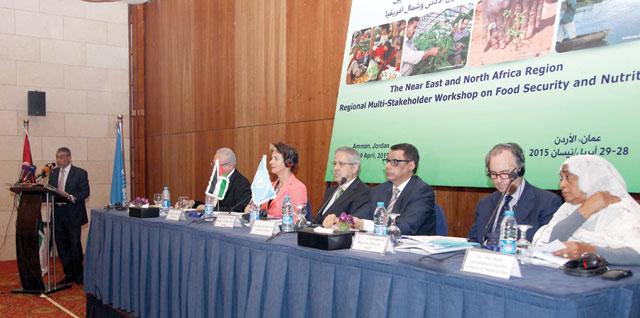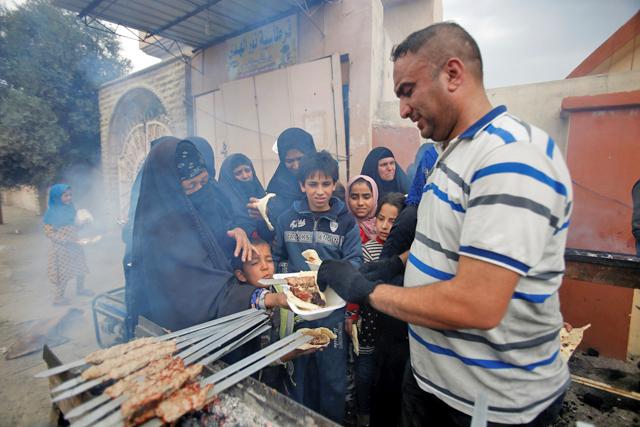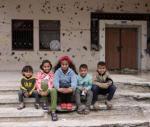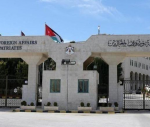You are here
‘Food security continues to be big concern across Near East and North Africa’
By JT - Oct 01,2014 - Last updated at Oct 01,2014
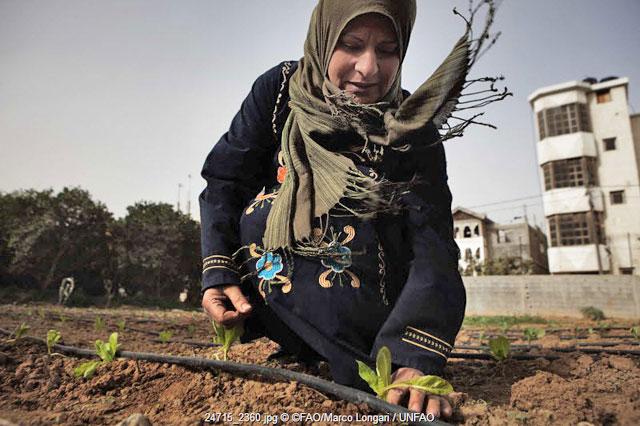
AMMAN — The number of undernourished in the Near East and North Africa (NENA) has more than doubled since 1990 standing now at about 33 million peoples, according to the recently released UN Hunger Report.
NENA is also the only region where, during the same period, the prevalence of undernourishment has increased, moving from 6.6 per cent to 7.7 per cent, said a Food and Agriculture Organisation (FAO) statement citing the report.
Despite the progress made by a few countries, the region, as a whole, is failing to meet the 2015 target of halving the number (or the proportion) of undernourished among the population, largely due to wars, conflicts and instability, the report says.
“Distress on livelihoods in many parts of the region, including Syria, Yemen, Iraq, Gaza, is very high and vulnerable communities are paying the price for situations of instability and conflict in the first place.
“Accessibility and affordability of food is a key issue for millions of affected people. Humanitarian action and efforts to build resilience and achieve peace and stability must go hand-in-hand if we want to avert even deeper crises and restore basic conditions for any development,” the statement quoted Carlo Scaramella, World Food Programme deputy director for North Africa, Middle East, Central Asia and Eastern Europe, as saying.
Recent FAO and WFP estimates show that within Syria 6.3 million people are highly vulnerable and in critical need of sustained food and agricultural assistance and more than 3 million refugees are in need of assistance outside Syria.
The protracted political, economic and social crisis in Yemen has taken a heavy toll on food security: 10.6 million people are in need of food assistance, 5 million of whom are severely food insecure, according to the statement which was e-mailed to The Jordan Times.
In Gaza, already before the seven-week conflict, a staggering 72 per cent of families were food insecure or vulnerable to food insecurity, and 70 per cent lived on less than USD2 per day.
In Iraq, where in 1990-92 only 8 per cent of its population was undernourished, the prevalence of undernourishment stands now at 23 per cent.
With the number of undernourished people remaining "unacceptably high", FAO and WFP representatives stressed the need to renew the political commitment and coordinate regional efforts to tackle undernourishment.
"Food insecurity and malnutrition are complex problems that need to be tackled through an integrated and coordinated approach,” they stated, and appealed for regional and international solidarity in support of refugees, displaced and vulnerable populations in the region.
Related Articles
BEIRUT — Conflicts and instability are hampering the fight against hunger in the Middle East at a time when undernourishment is on the rise,
The Near East and North Africa (NENA) region faces unprecedented challenges to food security and nutrition, especially in the countries that are now under conflict, experts and UN officials said on Tuesday.
AMMAN — Despite plans implemented to provide support to refugees and host communities, the national social protection strategies of the Near


